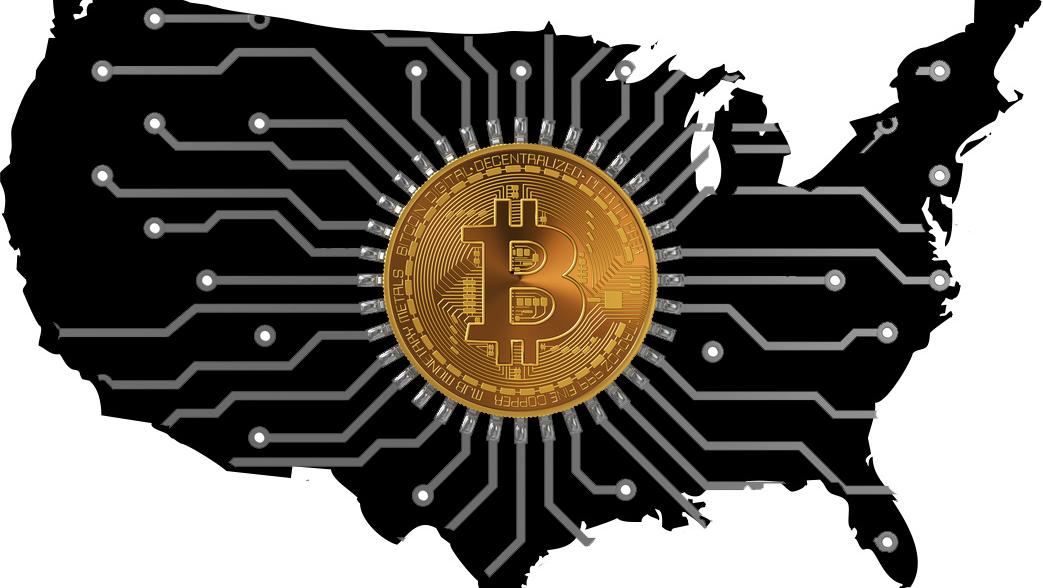PALO ALTO, Calif. (Reuters) - The Federal Reserve is looking at a broad variety of problems around digital payments and currencies, including policy, style and legal considerations around potentially releasing its own digital currency, Governor Lael Brainard said on Wednesday. Brainard's remarks recommend more openness to the possibility of a Fed-issued digital coin than in the past." By changing payments, digitalization has the potential to provide higher value and benefit at lower cost," Brainard stated at a conference on payments at the Stanford Graduate School of Organization.

Reserve banks internationally are discussing how to manage digital finance innovation and the dispersed journal systems utilized by bitcoin, which guarantees near-instantaneous payment at possibly low cost. The Fed is establishing its own round-the-clock real-time payments and settlement service and is currently evaluating 200 comment letters submitted late in 2015 about the suggested service's design and scope, Brainard stated.
Less than 2 years ago Brainard informed a conference in San Francisco that there is "no compelling demonstrated need" for such a coin. However that was prior to the scope of Facebook's digital currency aspirations were commonly understood. Fed authorities, including Brainard, have actually raised concerns about consumer securities and information and privacy dangers that might be postured by a currency that might enter into usage by the 3rd of the world's population that have Facebook accounts.
" We are working together with other reserve banks as we advance our understanding of reserve bank digital currencies," she said. With more countries checking out issuing their own digital currencies, Brainard said, that includes to "a set of reasons to likewise be ensuring that we are that frontier of both research study and policy advancement." In the United States, Brainard said, issues that require study consist of whether a digital currency would make the payments system more secure or simpler, and whether it might position financial stability threats, including the possibility of bank runs if money can be turned "with a single swipe" into the main bank's digital currency.
To counter the monetary damage from America's unmatched nationwide lockdown, the Federal Reserve has taken unprecedented actions, consisting of flooding the economy with dollars and investing straight in the economy. The majority of these relocations got grudging acceptance even from many Fed doubters, as they saw this stimulus as needed and something only the Fed might do.
My new CEI report, "Government-Run Payment Systems Are Hazardous at Any Speed: The Case Versus Fedcoin and FedNow," information the dangers of the Fed's existing strategies for its FedNow real-time payment system, and propositions for main bank-issued cryptocurrency that have actually been dubbed Fedcoin or the "digital dollar." In my report, I talk about concerns about privacy, information security, currency adjustment, and crowding out private-sector competition and innovation.
Advocates of FedNow and Fedcoin state the government should produce a system for payments to deposit immediately, instead of encourage such systems in the economic sector by lifting regulative barriers. However as kept in mind in the paper, the economic sector is offering a relatively limitless supply of payment technologies and digital currencies to fix the problemto the extent it is a problemof the time space in between when a payment is sent out and when it is gotten in a savings account.
And the examples of private-sector innovation in this location are numerous. The Cleaning Home, a bank-held cooperative that has been routing interbank payments in various kinds for more than 150 years, has been clearing real-time payments since 2017. By the end of 2018 it was covering half of the deposit base in the U.S.